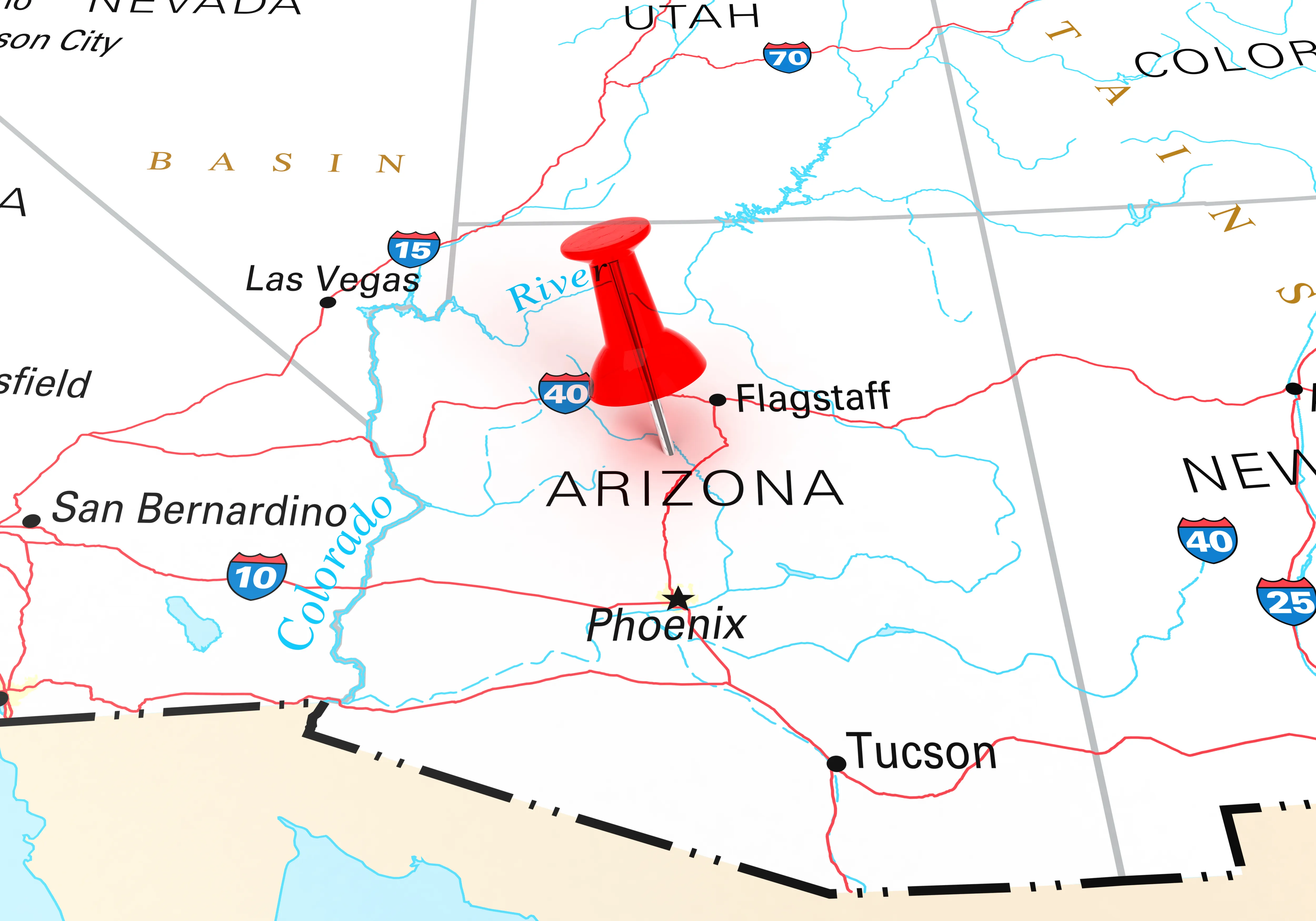
Daily Audio Newscast Afternoon Update - February 19, 2025
© INDU BACHKHETI - iStock-1336427297
News from around the nation.
Zelensky urges 'more truth' after Trump suggests Ukraine started the war; Rural AZ is drying up. Will lawmakers do something about it? Fully funding NYC public transit could reduce fare evasion, crime; GLP-1 meds offer new hope for heart health amid weight-loss craze.
Transcript
The Public News Service Wednesday afternoon update.
I'm Mike Clifford.
President Volodymyr Zelensky of Ukraine appealed to the Trump administration on Wednesday to respect the truth and avoid disinformation in discussing the war that began with the Russian invasion of his country in his first response to President Trump's suggestion that Ukraine had started the war.
That for the New York Times.
They report, "I would like to have more truth with the Trump team," Zelensky told reporters in Kiev.
He said the U.S. president was "living in a disinformation space and in a circle of disinformation."
And a piece of Arizona legislation with bipartisan backing is aiming to bring better oversight and protections of groundwater across five basins in rural Arizona.
The bill's sponsor, Senator Priya Sundararajan, explains that the Rural Groundwater Management Act of 2025 would create water management programs that would have a say over conservation efforts and would strive to reduce groundwater use while improving the state of aquifers.
SB 1425 and its mirrored bill in the House would also create local councils to monitor the basins.
Sundararajan says the bill is intended to protect folks from out-of-state entities that flock to Arizona for its lack of regulation, ultimately leaving communities dry.
"Residents whose wells are going dry, their foundations are cracking because the groundwater has been depleted so much that the aquifers are settling.
You have large-scale industrial agriculture that has moved in because of the complete lack of regulation."
I'm Alex Gonzalez reporting.
And fully funding New York City's public transit system could reduce crime, although it's been a controversial idea.
Even as Mayor Eric Adams and Governor Kathy Hochul have increased security system-wide, fare evasion is a major crime in the city's public transit system.
Last year alone, more than 143,000 tickets were given out to people for not paying their fares.
Reporter Justin A. Davis, who writes about this issue for Yes Media, says it's been challenging to fund public transit fully.
"Public transportation is always a hard sell.
In New York in particular, you're dealing with interplay between local funding and state funding.
Obviously, MTA has had a major budget crisis in recent years, and so there have been a lot of different questions posed about what exactly to do about it."
It's estimated fully funding the agency would cost more than $68 billion, which would be helped by congestion pricing in New York City.
I'm Edwin J. Vieira.
Next, the GLP-1 medication trend has taken the health and wellness world by a storm, largely hailed as a game-changer for weight loss.
New research suggests the benefits of these drugs extend beyond shedding pounds.
Orlando health cardiologist Dr. Francisco Perea described GLP-1 as a game-changer in managing both diabetes and heart health.
The control of all of these factors is fundamental to decreasing the development of cholesterol plaques in the arteries.
The potential of GLP-1 to address health disparities is particularly relevant for Hispanic communities, where rates of type 2 diabetes and cardiovascular disease exceed national averages.
This is Public News Service.
Utah Governor Spencer Cox has signed House Bill 267 into law, a controversial measure that takes away the collective bargaining rights of public employee unions.
Many union workers voiced their concerns and urged Cox to veto the bill, which they contend would damage unions.
But the bill's sponsor, Republican Representative Jordan Tusher, says he's heard from many teachers and other public sector workers in the right-to-work state who weren't part of a union and felt they didn't have a voice.
He says now the bill will allow them to negotiate their own employment terms.
Teachers talked about where they had an idea, a change that they wanted in insurance as an example, and they went to the administration to ask them about that.
And the administration said, "Well, you're going to have to go talk to the union about it."
And so they go to the union to talk about it, and the union says, "Well, you're not a member.
We don't really care what you think."
Tusher contends the law will make public employers' wages and benefits more competitive.
I'm Alex Gonzalez reporting.
And FBI data show North Dakotans lost nearly $6 million to cryptocurrency scams in 2019.
A bill advancing in the legislature would try to limit those losses by adding safeguards to a financial trend that has little oversight.
The measure, overwhelmingly approved by the House this week, would require operators of crypto kiosks to be licensed.
Experts say the kiosks, which look similar to a traditional ATM, are used to convert real cash to virtual money like Bitcoin.
But they can also serve as a vehicle for fraud.
FBI Ben Koppelman says someone might pose as law enforcement warning a person about suspicious activity with the funds in their bank account.
They suggest depositing it in this kiosk, and then of course it goes to the fraudster's account, and it's tough to get that money back.
One of the other provisions says receipts would need to be provided so that law enforcement has a paper trail to work with in the event of a scam.
I'm Mike Moen.
Finally, environmentalists say a bill passed by the U.S. House meant to curtail forest fires in New Mexico and elsewhere will do no such thing, and are encouraging senators to vote against it.
The Fix Our Forests Act would reform NEPA, the National Environmental Policy Act.
The 55-year-old law requires environmental reviews and public input for major federal actions such as new logging, which supporters of the act say would mitigate wildfire risks.
Dan Ritzman with the Sierra Club believes the deceptively named bill would undermine environmental protections.
The Sierra Club has long supported science-based, responsible forest management.
We echo the experts who support prescribed burns, responsible forest management, and we support home and community hardening to make neighborhoods and cities more resilient in the face of fire.
I'm Roz Brown.
This is Mike Clifford for Public News Service.
We are member and listener supported.
Hear us on interesting radio stations on your favorite podcast platform. content and trust indicators at publicnewsservice.org.
















